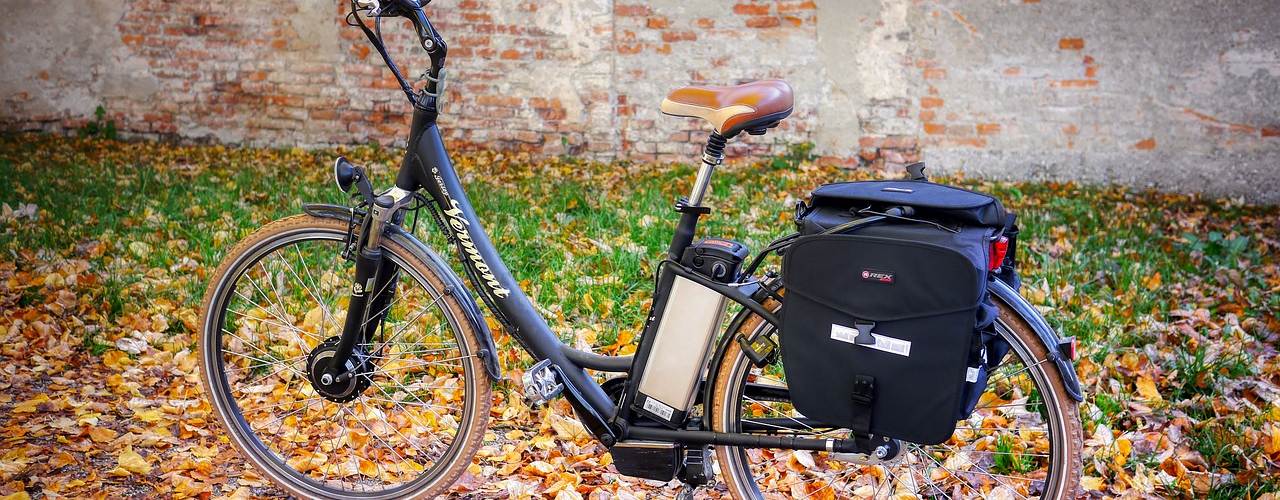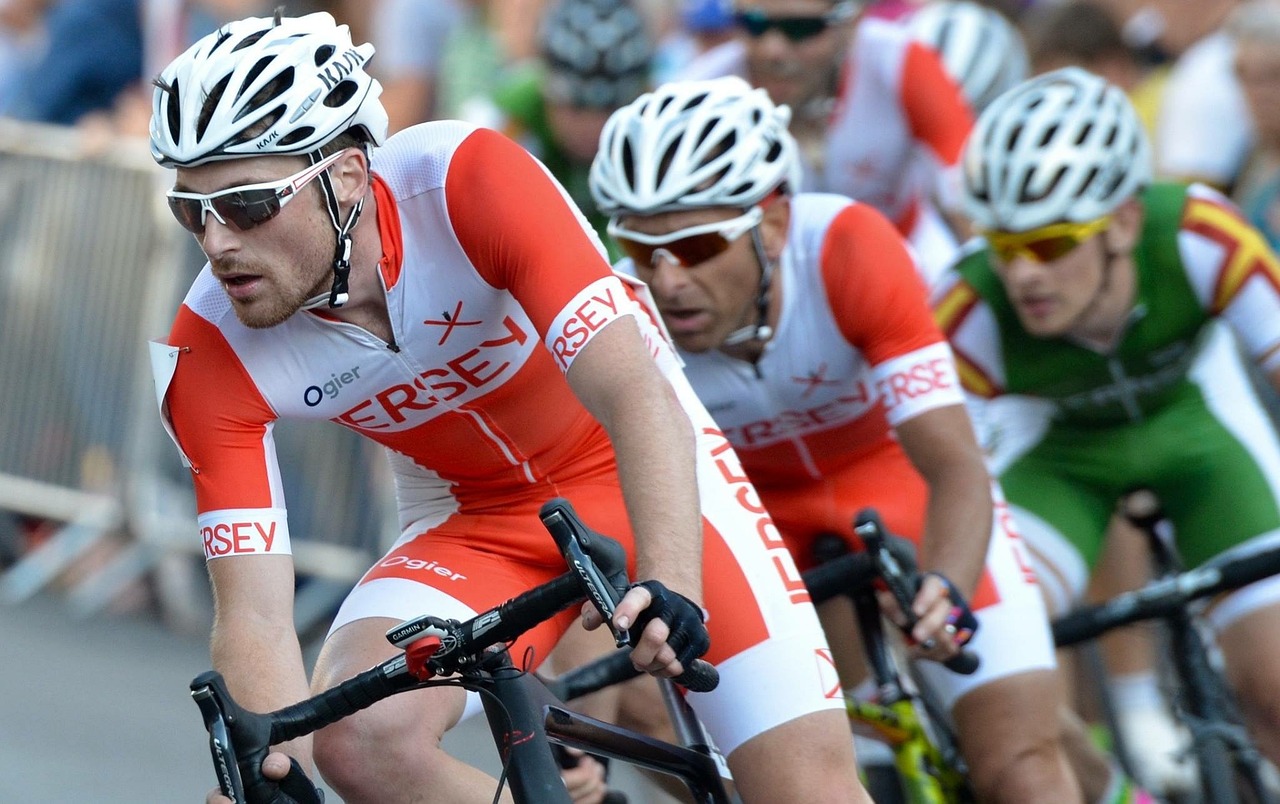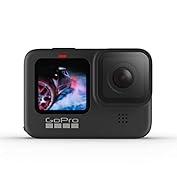For some a charity cycling event or sportives, may be their only cycle ride every year so it is a must to prepare for the event in advance if you are to get the most out of it and for the day to be enjoyable.
The key as always is preparation, not just of you but your bike as well, your fundraising, your safety and of those who plan to ride with you. This guide will help you to prepare for the ride, which in turn will hopefully lead you to want to do it again next year and perhaps do more cycling.
The key here is to stretch the muscles, build stamina and get used to riding your bike. Cycling is a great way to burn calories and lose weight so there are some added benefits too. Before you get on your bike, there are some basic warm-up exercises you should do to ensure you avoid muscle injuries or post ride stiffness.
PREPARING THE BIKE
- Tyres: Tyres need to be properly inflated, have adequate tread and no cracks or any signs of damage. The correct tyre pressure to use is usually on the side of the tyre itself.
- Wheels: Nuts or quick release mechanisms should be tight and secure. Spin the wheel to ensure it moves freely.
- Seat Post: Check to make sure that the stem is fastened tightly and that your seat is set at the correct height.
- Handlebar Stem: Ensure your handlebars are set at the correct height and position.
- Chain: Check that your chain turns smoothly through the front and rear sprockets and doesn’t rub against the derailleurs or make any grinding noise. Ensure the chain is not rusty or has excessive grime.
- Gears & Shifters: The chain should move freely when moving between gears. Check by turning the bike upside down and turning the pedals whilst changing gears. Any clunk sounds or chain slippages should be dealt with by a proffessional.
- Brakes & Levers: Test the brakes by gently squeezing the brake lever, the brake pads should apply pressure quickly and smoothly to stop the wheels turning immediately.
-
FOOD & DRINK
A thing to remember while you are cycling is that you should not leave it long between eating, this can leave you hungry and might encourage you to go on a food binge after a session, which is not good.
Snacking regularly while you are cycling can help to alleviate hunger pangs and allow you to stick to a reasonable size post-ride meal in the evening, so that you are not messing with your insulin levels or going through peaks and troughs during the day.
For more information, read here: https://www.bikes.org.uk/how-to-prepare-for-a-charity-bike-ride/





